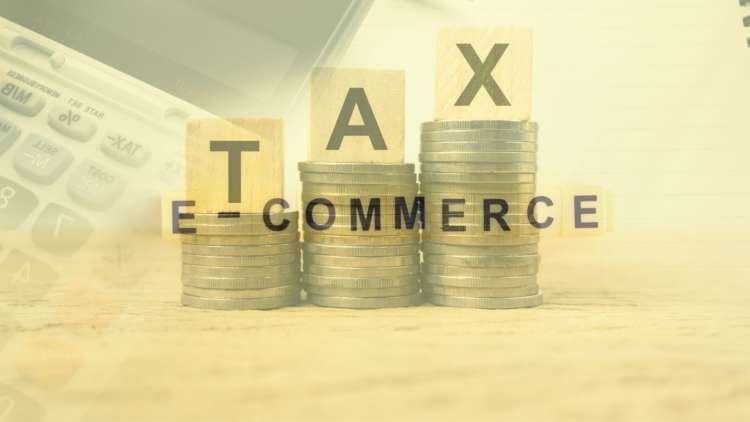Business
Where in the world: the future of EU e-commerce taxation
Published by linker 5
Posted on May 18, 2021
1 min readLast updated: January 21, 2026

Published by linker 5
Posted on May 18, 2021
1 min readLast updated: January 21, 2026

Explore more articles in the Business category











